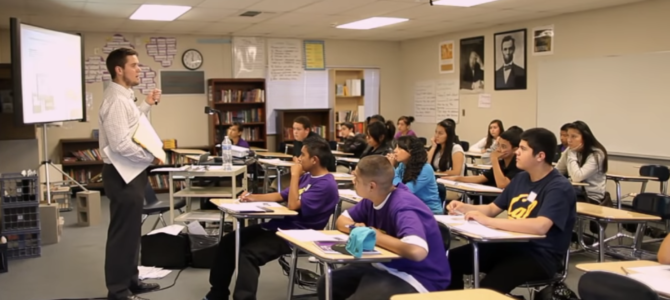An Idaho measure to ban critical race theory in the state’s schools is heading to Republican Gov. Brad Little’s desk.
HB 377 was approved by the House 57 to 12 last Thursday — along party lines — and passed in the Senate 28 to 8 on Monday. If signed by Little, the bill would prohibit teachers from forcing students to “affirm, adopt or adhere to” any doctrines that claim any people of any race, ethnicity, sex, or religion are responsible for past actions of those in their identity group.
The bill also states that “No distinction or classification of students shall be made on account of race or color.”
HB 377 was sponsored by GOP Sen. Carl Crabtree, who said it aims to be a “a preventative measure” for critical race theory in Idaho.
“This bill does not intend to prohibit discussion in an open and free way,” Crabtree said. “It is a preventative measure. It does not indicate that we have a rampant problem in Idaho. But we don’t want to get one.”
The proposal would bar funding to K-12 schools, including universities and colleges, that attempt to compel students to submit to certain ideological positions or viewpoints. However, The Idaho Freedom Foundation took issue with the bill. The conservative group claims “faculty members, teachers and professors could still be forced to undergo anti-racism or culturally responsive training if they wish to serve on search committees or even obtain or keep a job.”
“Additionally, the bill imposes no consequences on public universities and schools that violate section 33-138 of the bill by compelling students to affirm Critical Race Theory,” the group said. “Such consequences could be holding back funds, recognizing a cause for unemployment, or other disciplinary action. Therefore this bill does not provide sufficient accountability for public schools and universities.”








